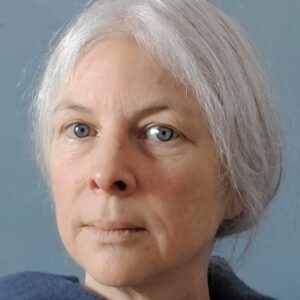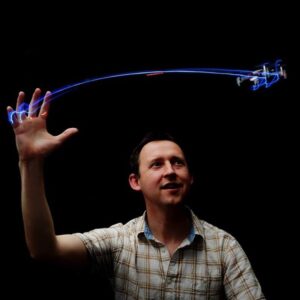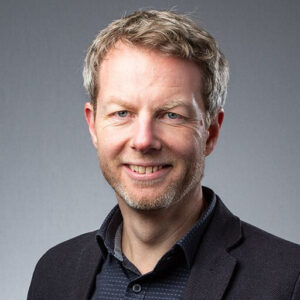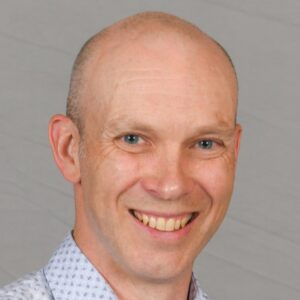

- This event has passed.
AI in Entomology
3 July 2024 @ 09:15 – 17:30
Wednesday 3 July, 09:15 – 17:30 (BST)
Jealott’s Hill International Research Centre
Artificial Intelligence is one of the most exciting and transformative developments of modern times. This joint event run by our Data and Electronics & Computing Special Interest Groups will cover a wide range of questions relating to the two-way dialogue between insect science and emerging artificial intelligence technologies. These include, but are not limited to:
- How can insect science benefit from emerging technologies today and in the near future, and what are the main challenges to successful implementation?
- How can we design robust AI systems for analysing and integrating noisy datasets which can effectively deal with inconsistencies and errors; what are the specific challenges for insect datasets?
- How can we efficiently implement autodidactic (i.e. self-) learning for field-deployable data acquisition and analysis systems?
- How can we overcome the challenges posed by operating technology at the edge?
- How can insect science inform the future development of AI systems?
Specific topics might include, for example:
- The use of AI technology in digital taxonomy.
- AI technology in insect ‘omics and molecular ecology.
- Image processing and machine learning for fully automated data capture in the field;
- The implications of using large language models such as Google Bard & ChatGPT for data mining.
- Using AI technology in community science datasets such as iRecord/NBN, and many more.

Keynote speakers
We are delighted to welcome the following keynote speakers:
Barbara Webb, University of Edinburgh
Talk title: Insect-inspired AI

Barbara Webb obtained a BSc in Psychology at the University of Sydney followed by a PhD in Artificial Intelligence at the University of Edinburgh, where she began her exploration of insect-inspired robots by building a robot cricket. She held faculty positions in the University of Nottingham and University of Stirling before returning to the University of Edinburgh where she is now Professor of Biorobotics in the School of Informatics. She leads the Insect Robotics group there and investigates navigation, learning and sensorimotor control, including the underlying neural circuitry. Her approach has been highly influential, and she has been invited to write reviews of the methodology in Nature and Science. She was recently elected a Fellow of the Royal Society of Edinburgh.
Richard Bomphrey, Royal Veterinary College
Talk title: Neural networks in insect flight control and bioinspired aerial robotics

Richard’s research blends biology and engineering, using biomechanics as a tool to investigate how the physical environment shapes the morphology and control systems of flying animals. He has investigated the sensory systems animals use to fly, their morphology and aerodynamics. He has also applied biological insights from these experiments to aerial robots. Richard joined the Structure and Motion Laboratory at the Royal Veterinary College, University of London, in 2013 after reading Biological Sciences at Exeter, a PhD/DPhil in Oxford, postdoctoral positions in Oxford and Bath, and an EPSRC Fellowship. He is currently Professor of Comparative Biomechanics.
Toke Høye, Aarhus University

Toke Høye is a Professor at Aarhus University, Denmark. He leads a research group focused on developing and applying novel monitoring technology to questions related to species responses to environmental change. They primarily focus on insects and other invertebrates, where monitoring data is particularly limited and where species responses to environmental change are particularly pronounced. They focus on computer vision-based methods, which hold particular promise for global scalability and expert validation and collaborate widely on interdisciplinary projects.
Rob Lind, Syngenta

Rob joined Syngenta 30 years ago as an intern in entomology while completing his BSc in Applied Biology at the University of Bath. He then completed a sponsored PhD with Zeneca at the University of Bath under Stuart Reynolds studying neuro-pharmacology before starting permanently in 1998 at Jealott’s Hill International Research Station, leading teams in entomology research. Rob formed a new team focused on imaging technologies in 2012 in internal R&D before moving to Computational Agronomy in 2021 to focus on Computer Vision solutions for growers. Rob is a Fellow both within Syngenta and the Royal Entomological Society.
Mark O’Neill, Tumbling Dice Ltd

Mark O’Neill is technical director of Tumbling Dice Ltd, a scientific computing consultancy based in Newcastle upon Tyne UK. He has over 30 years experience in artificial intelligence and image understanding technologies and has worked extensively in the areas of satellite mapping, network science, pattern matching and image recognition. He is also interested in novel computer architectures and is currently developing high concurrency low power hardware for field deployable autodidactic AI. Mark holds a B.Sc. Degree in Chemical Physics from The University of Sheffield and a Ph.D. in Geomatic Engineering from University College London.

Programme
The full programme can now be viewed below.

Abstract submission
Abstract submission is now closed.

Registration
Registration has now closed.
To access discounted member rates, you must be logged into your account before registering.
In-person registration deadline: 17:00 (BST), Friday 14 June
| In-person | |
|---|---|
| RES Student Member | £20 |
| RES Member | £45 |
| Non-member | £100 |
Online registration deadline: 17:00 (BST), Friday 28 June
| Online | |
|---|---|
| RES Student Member | £10 |
| RES Member | £20 |
| Non-member | £70 |

SIG convenors
- James Gilbert, University of Hull (Data SIG convenor)
- Mark O’Neill, Tumbling Dice Ltd (Electronic and Computing Technology SIG convenor)

Location
Jealott’s Hill International Research Centre
Syngenta
Warfield
Bracknell
RG42 6EY
